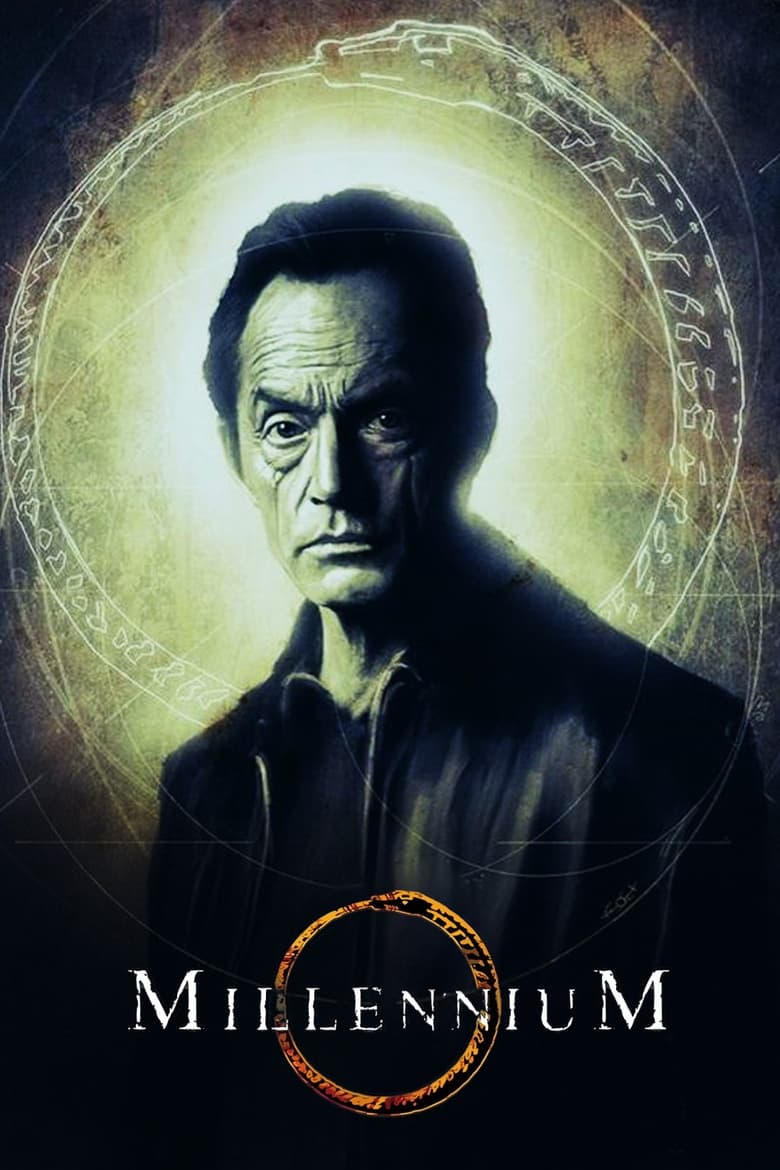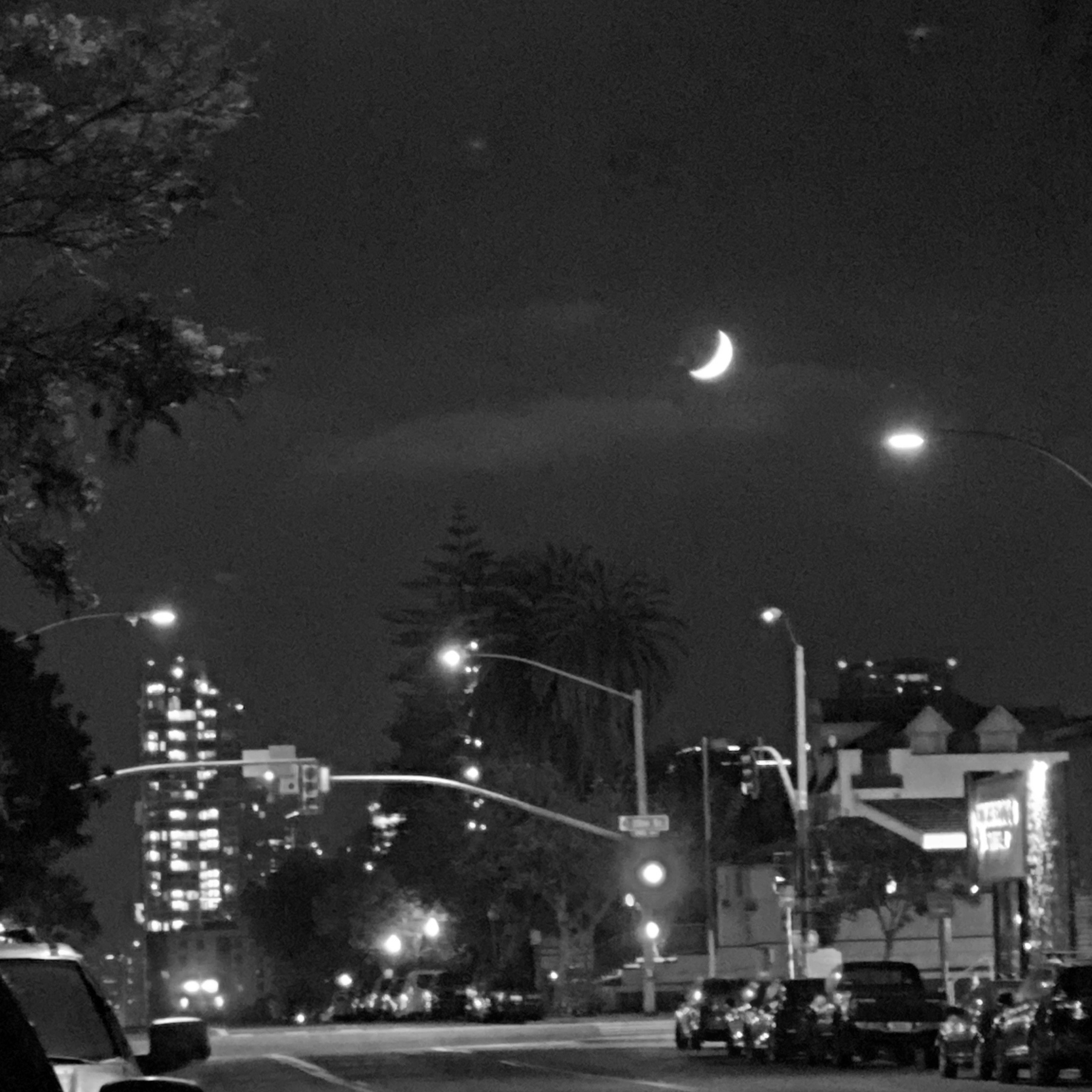
Finished reading: System Collapse by Martha Wells 📚

Finished reading: System Collapse by Martha Wells 📚
📺 Harsh Realm, S 01, E 01 Pilot (1999)
The Supercontext podcast mentioned Harsh Realm, another show by The X-Files creator Chris Carter, in one of their episodes, which prompted me to purchase the box set for season one. The series never made it to season two. I don’t think I saw anything after the pilot, but that episode has stayed with me decades later. Like most of Carter’s productions, it was shot in Canada. The score is by Mark Snow, whose work I never cared for—too much synth strings. On the plus side, there’s music by The Prodigy and Rob Zombie. The plot is reminiscent of The Matrix and various Philip K. Dick novels. The lead is Scott Bairstow, whose acting career didn’t last too long after this series. Always a pleasure to see D.B. Sweeney, as is Lance Henriksen and Terry O’Quinn and his pencil-parted mustache. Rachel Hayward and her cheekbones also make an appearance. And a very young Samantha Mathis!
Looking forward to the next episode.

📺 Millennium, S 2 E 02 “Beware of the Dog” (1997)
Okay, here’s some weirdness for you. In my last post about Millennium, I mentioned that while watching Hannibal, I was reminded that Lance Henriksen lamented that the show never got the prestige format it deserved. The next episode of Hannibal featured Henriksen’s appearance; then I watched Close Encounters of the Third Kind, and there was Henriksen again. Wild.
Anyway, this episode felt like it was part of another series. Chris Carter stepped back as the show runner, and I could tell. Season 1, I wanted more lore, and season 2 delivers, but now I wish it would stick to the original premise of Millennium. In any case, my ears pricked up when the Unabomber and The Rodney King riots were mentioned as they are part of a project I’m working on.


Finished reading: On Writing by Stephen King 📚
📺 Millennium, S 2 E 01 “The Beginning and the End” (1997)
I was watching Hannibal and was reminded that Lance Henriksen once lamented that Millennium never got to be a prestige television show, which was all the incentive I needed to finally dive into season two. Strip away the show’s mythology and groaner of an ending, and this episode was hard to watch. It wasn’t an exploration of 90s America’s fears, but the primal fear of someone you love being snatched away.

Saw this sticker when I was out and about.

Goodbye, Boston.

Good morning.


Finished reading: Storm on the Horizon by David J. Morris 📚

Finished reading: Network Effect by Martha Wells 📚
Beautiful crescent moon tonight.

Branches.

Inside the bouncy castle.

Scenes from Sorento Valley.



Finished reading: Fugitive Telemetry by Martha Wells 📚

Finished reading: U. S. Marines In Battle - Al-Khafji 28 January-1 February 1991 Operation Desert Storm (Illustrated Edition) by Paul W. Westermeyer 📚

Finished reading: The Magos by Dan Abnett 📚

Finished reading: Exit Strategy: The Murderbot Diaries (The Murderbot Diaries, 4) by Martha Wells 📚
The sculptures of Jose Sacal.








The Salt Lake City airport has a glorious view.

